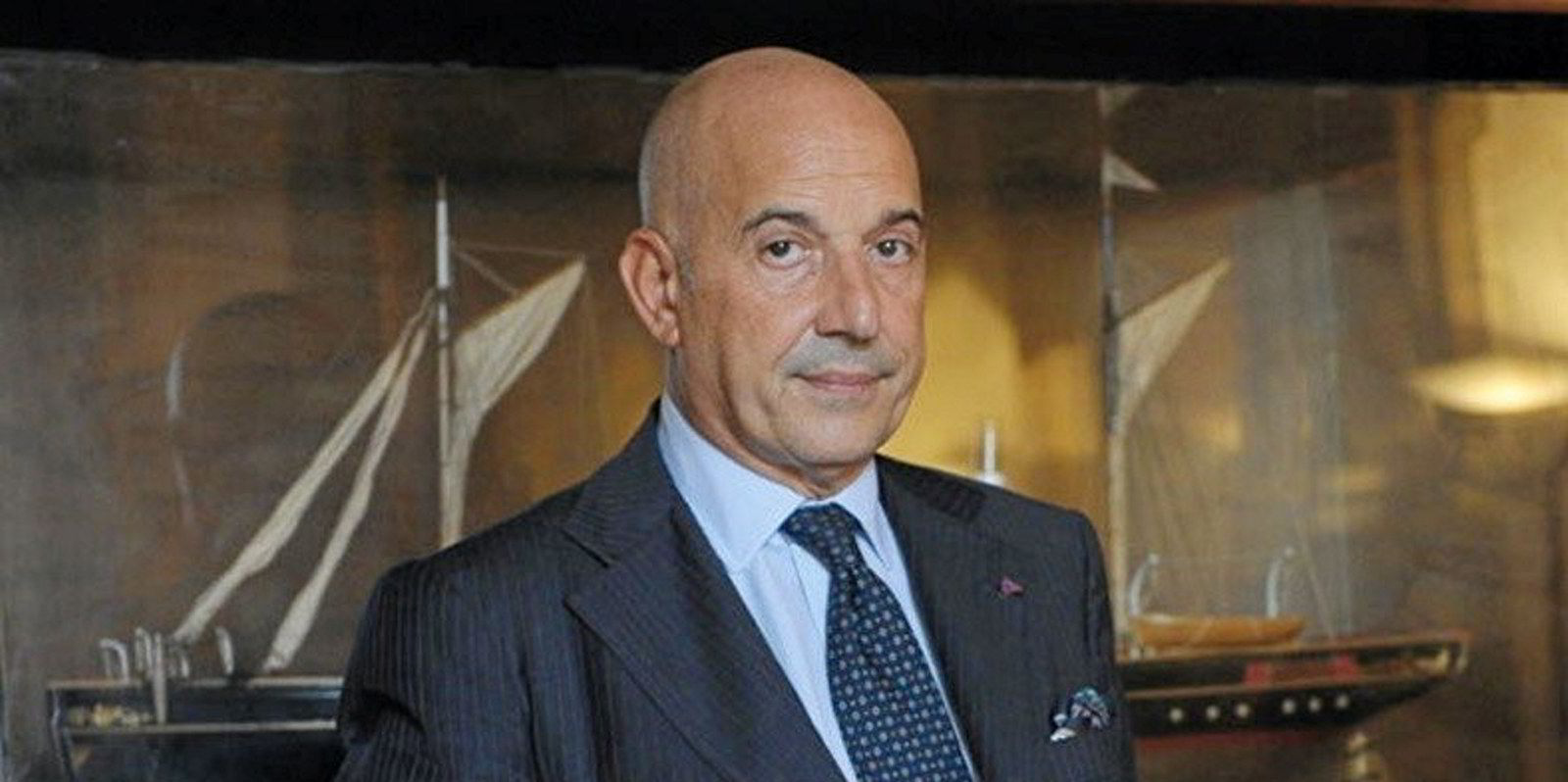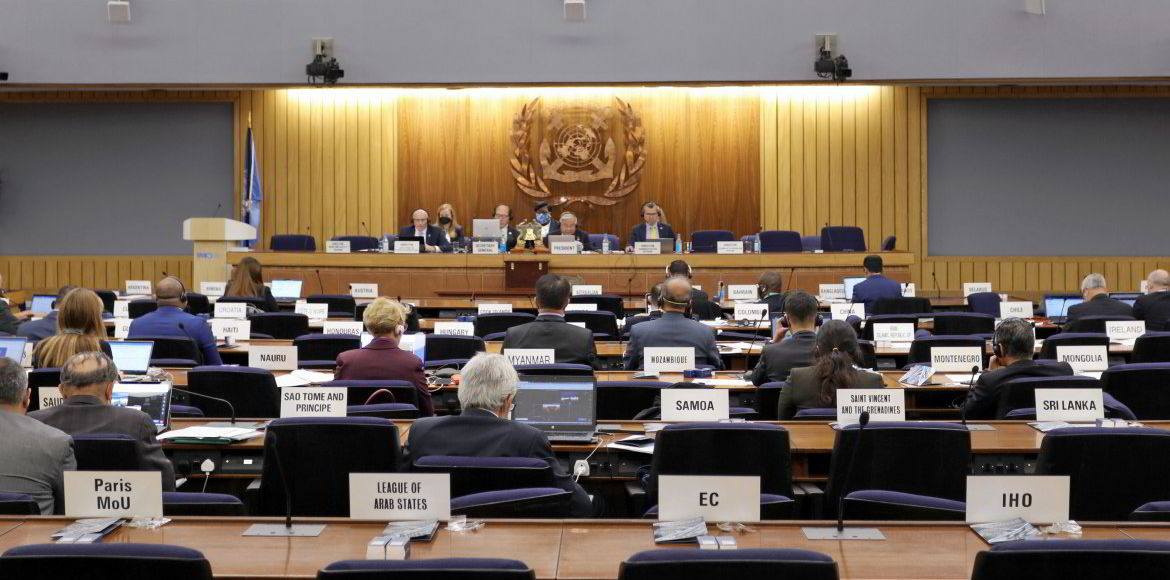The International Chamber of Shipping (ICS) is proposing a fund and reward scheme to incentivise the use of alternative low and zero-emission fuels.
The proposal involves the establishment of an international fund from a levy on CO2 emissions. The fund will be used to subsidise the price gap between alternative and conventional fuels — and also help pay for the development of the production and supply of zero and low-emission fuels.
The proposal is to be put before the International Maritime Organization’s Marine Environment Protection Committee meeting in December.
The ICS believes 5% of the energy consumed by shipping could be sourced from alternative fuels by 2030 if the scheme is adopted. It is hopeful that the scheme could be in place by 2024 if it wins the approval of governments.
The use of funds for decarbonisation projects in developing countries will be critical to the proposal winning approval from IMO members states.
“We must narrow the significant price gap of new, very expensive, alternative fuels to accelerate their production and take-up, so that we reach a take-off point by 2030 on our pathway to net zero by 2050,” ICS secretary general Guy Platten said.
“But it is crucial that our industry also supports maritime greenhouse gas reduction efforts in developing countries.”
The scheme involves a flat-rate financial contribution per tonne of CO2 emitted, the proceeds of which would be collected in an International Maritime Sustainability Fund.
The ICS did not suggest a price for the levy, but it cited research from broker Clarksons indicating a financial contribution of $100 per tonne of CO2 could be applied without having a negative impact on the national economies.
The ICS said it believes the price would be below this figure, but it suggests this should be reviewed every five years.
Price gap
The fund would be used to subsidise the price gap between conventional and alternative fuels as well as production and bunkering facilities in developing countries.
Ships would also be rewarded by declaring the use of eligible alternative fuels in the annual emissions reporting, which would reduce the carbon levy. The ICS estimates a ship using ammonia could earn up to $1.5m in savings annually.
The ICS is hopeful it can gather support for the measures because it draws on elements in similar proposals made by IMO member states.
ICS chairman Emanuele Grimaldi said: “With the ICS fund and reward proposal, IMO member states have a new but very short window of opportunity to put in place a global economic measure which can kick start the development and production of alternative fuels for shipping.
“To achieve net zero mid-century, these new fuels must start to become available in significant quantities on a commercial basis no later than about 2030.”
An earlier attempt by the ICS to establish an international shipping decarbonisation research and development fund from a carbon levy was rejected by the IMO.






